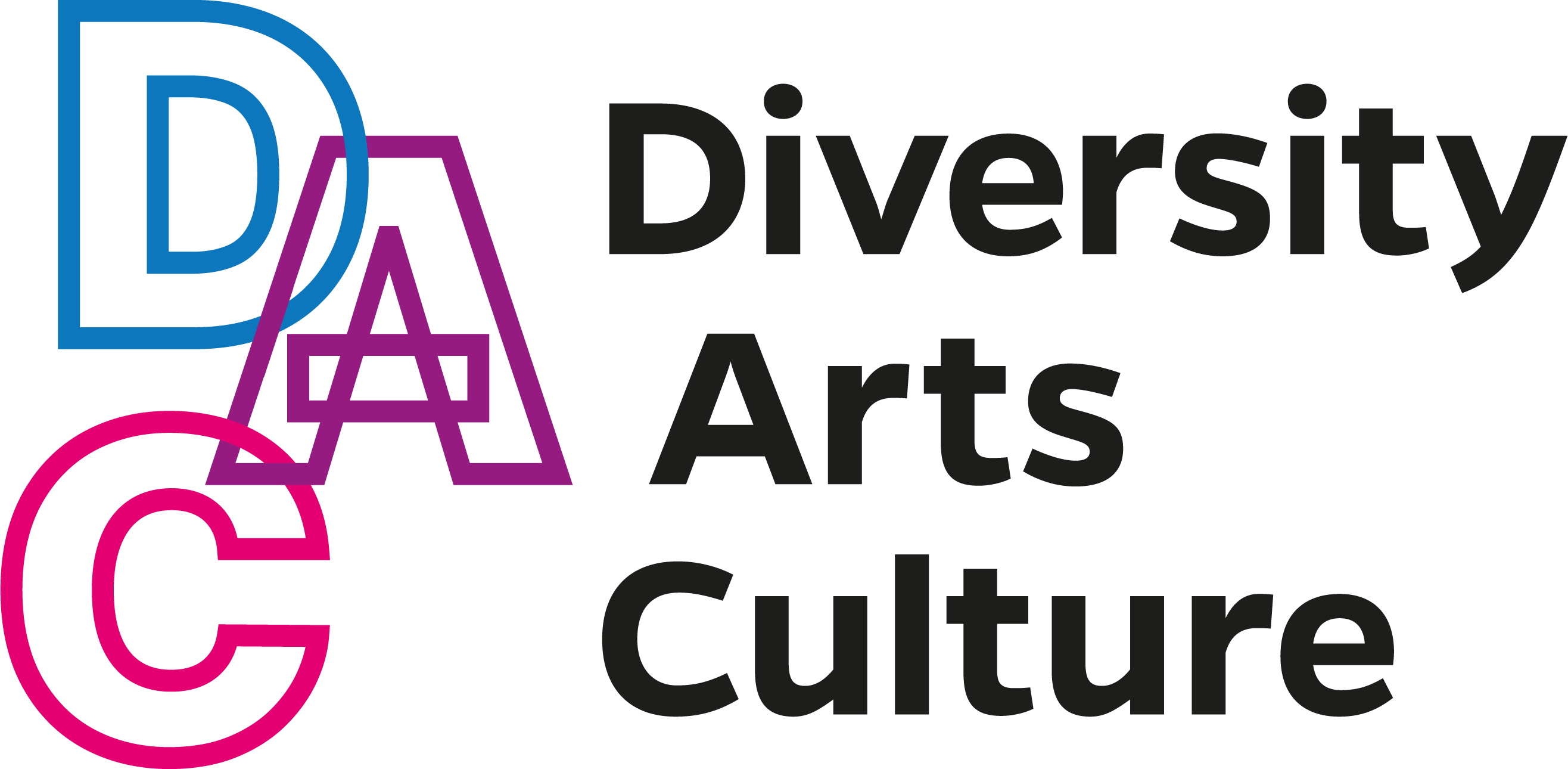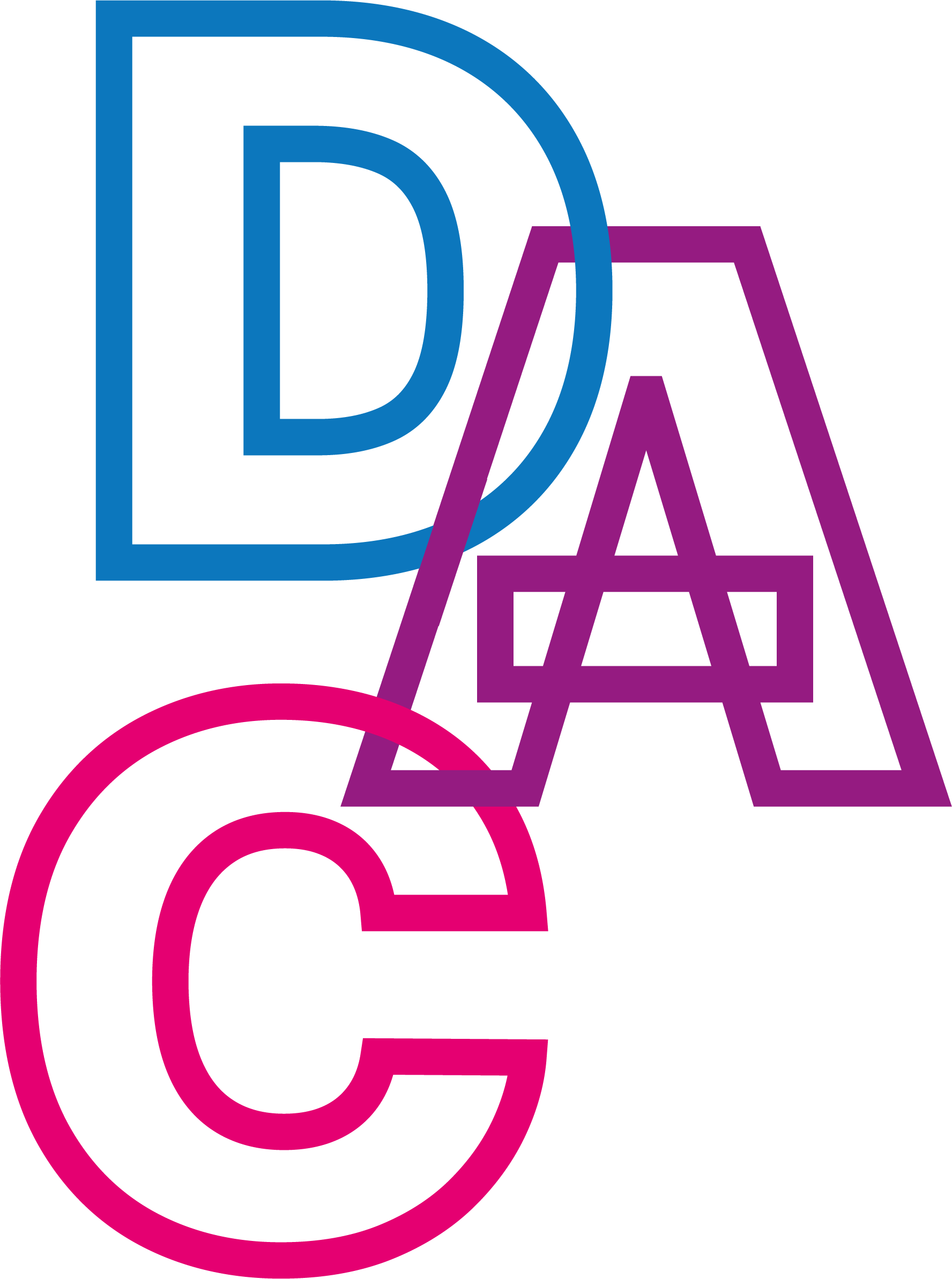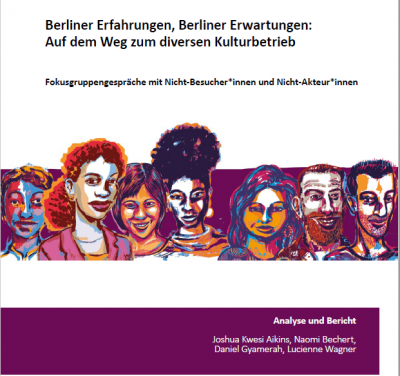Data and Facts
Who is working within Berlin’s cultural sector? Who is the boss? And who only works poorly paid jobs or jobs with fixed-terms contracts? Within the last several years how many exhibitions in museums throughout Berlin showcased art by women? And by women of Color? Who is underrepresented within the cultural sector? What experiences of discrimination do artists and cultural workers have in their professional field?
Is there equity data for the Berlin cultural sector?
When we talk about numbers in the cultural sector we are usually referring to the number of visitors. The cultural administration and the Berlin Tourism Marketing Company along with many cultural institutions collect data on the number of people visiting cultural institutions. They also survey how visitors receive information about programs and if they live in Berlin or are tourists. Often such data is not very meaningful in regards to diversity as exemplified by the category "migration background" applied during such surveys. This category does not distinguish between a person who migrated to Germany from Switzerland and a person who fled from Iran, or wether they are white or a person of color. The latter is confronted with completely different barriers than the former. Not every person with migration background is affected by discrimination and not every person who experiences discrimination based on their (supposed) heritage has a migration background.
A few studies also address working conditions and power structures in the cultural sector or examine gender equity in the industry. We list such meaningful studies here, even though in very few cases they take into account intersectional experiences of discrimination.
Which data is collected on account of Diversity Arts Culture?
In many instances data about structural power relations and representation within cultural institutions is missing even though some associations and initiatives have conducted studies on questions of equity – particularly as it relates to women. Data on equity brings attention to the need for action and has the potential to initiate and advance anti-discrimination measures. Diversity Arts Culture has therefore decided to commission the collection of data on equity within the cultural sector. Since we are dealing with highly sensitive data, which could be misused to stigmatize and exclude marginalised art practitioners Diversity Arts Culture's partners follow strict ethical guidelines during data collection. In their brochure “Wer nicht gezählt wird, zählt nicht“ (“Who is not counted, doesn’t count”) the “Vielfalt entscheidet – Diversity in Leadership” project (Citizens for Europe) defines equity data and explains which ethical criteria must be met when collecting sensitive data.



